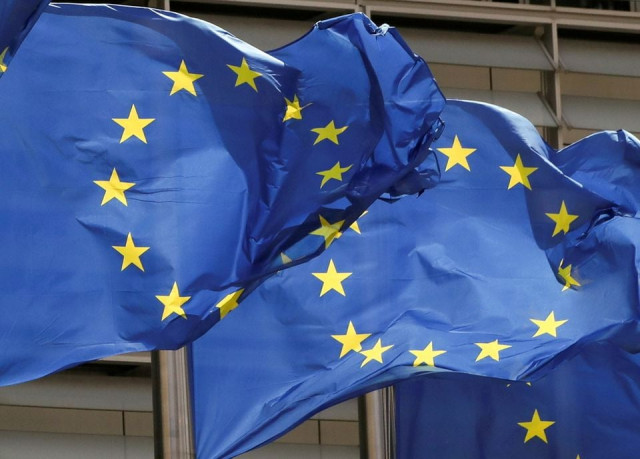EU creates 'AI Office' to regulate tech under tough new law
The 140-member AI Office will be established within the commission, as a tech regulator

The European Union on Wednesday announced the creation of an "AI Office" of tech experts, lawyers and economists to regulate artificial intelligence under a sweeping new law.
The EU this year approved the world's first comprehensive rules to govern AI, especially powerful systems like OpenAI's ChatGPT after long, intense negotiations.
First proposed in 2021, the bloc raced to get the law in the books after ChatGPT burst onto the scene in 2022, leaving users stunned by its ability to churn out coherent text including poems within seconds.
"The AI Office aims at enabling the future development, deployment and use of AI in a way that fosters societal and economic benefits and innovation, while mitigating risks," the European Commission said.
Read: Europe sets benchmark for rest of the world with landmark AI laws
The 140-member AI Office will be established within the commission, which is the EU's executive arm and also acts as the bloc's powerful tech regulator.
"The Office will foster a European AI ecosystem that is innovative, competitive and respectful of EU rules and values," the EU's top tech enforcer, Thierry Breton, said.
The EU's law known as the "AI Act" has tougher rules for general-purpose AI systems such as ChatGPT and takes a risk-based approach to the technology.
The higher the risk to Europeans' rights or health, for example, the greater the systems' obligations to protect individuals from harms.
"Together with developers and a scientific community, the office will evaluate and test general purpose AI to ensure that AI serves us as humans and upholds our European values," commission executive vice president Margrethe Vestager said.
Companies will have to comply with the EU's law by 2026, but rules covering AI models like ChatGPT will apply 12 months after the law becomes official.
Read: EU demands clarity from Microsoft on AI risks in Bing
The EU's announcement came on the same day that EU auditors criticised the commission for failing to sufficiently invest in AI to achieve the bloc's ambitions.
"Going forward, stronger governance and more -- and better targeted -- public and private investment in the EU will be paramount if the EU is to achieve its AI ambitions," the bloc's spending watchdog said.
But the commission defended the bloc's record and said it was investing more than one billion euros ($1.1 billion) annually in AI research projects under different schemes.



















COMMENTS
Comments are moderated and generally will be posted if they are on-topic and not abusive.
For more information, please see our Comments FAQ